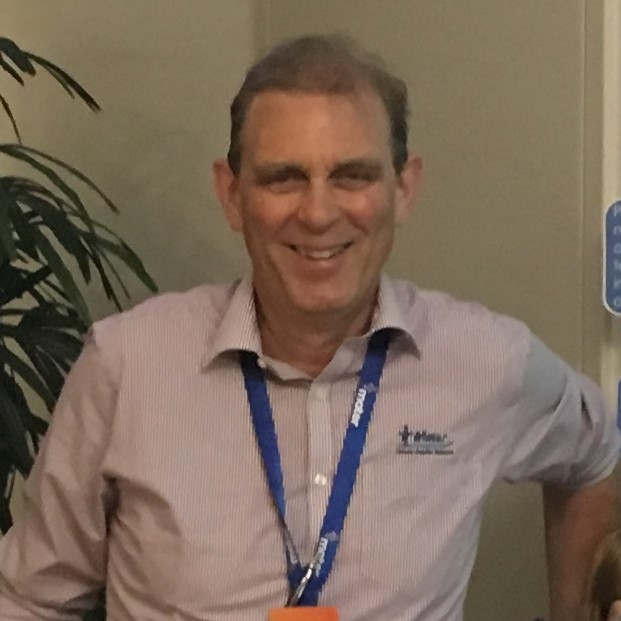Dr Michael Visser
To address the 2019 theme "creativity' for UQ Teaching and Learning Week we highlighted some of the innovative teachers who enhance student learning in UQ's Faculty of Health and Behavioural Sciences.
Q&A with Dr Michael Visser

1. What kind of innovative teaching and learning practices do you incorporate?
I decided to become an educator when I learned of my wish to motivate other people in becoming lifelong learners just like myself and also to enrich other people’s lives. I became inspired by the words of Gary Zukav in his book ‘The Dancing Wu Li Masters’. I wanted to be just like them, ‘dancing’ with students. Giving students clear insights as to what is at the core of their queries. The student learns, but the master doesn’t teach. The master facilitates the development in the student of effective research, self and peer reflections, translating evidence into practice, innovation, communication, critical thinking and the realisation that all things are lessons we must learn.
2. How do you hope to influence the student experience at UQ?
I am dedicated to making students’ education a success by orientating, planning, evaluating, demonstrating, providing workshops and simulated learning activities. I endeavour to make abstract and conceptual, academic evidence not only accessible but practical in the world of health care. I furthermore support the progression of my students by the provision of an online support service to facilitate the application of specific knowledge, clinical skills and behavioural attributes in the clinical setting. I use Australian College of Operating Room Nurses (ACORN), Australian and New Zealand College of Anaesthetist (ANZCA) and National Safety and Quality Health Service Standards (NSQHS) governance documents to ensure I meet with relevant standards. I have expertise in debriefing which is essential for optimising self-directed learning in students and fostering control over their own performance.
3. What do you enjoy about teaching students?
My education promotes a fundamental postulation that each individual is intelligent and wants the most optimal outcomes for consumers, self and peers. I lay the foundations on which participants are to construct a safe setting in which to reflect on their interpretations, thoughts and contemplations. This strategy aims at getting the participants in the correct mind-set and furthermore establishes a level of trust that is needed to produce useful and constructive outcomes. I want students to learn the science and art of effective communications. In addition, the fact that our communities have become global, multicultural identities is evident today. Hence I want my students to be able to interact in a cultural safe manner. Next, I want my students to follow their ambitions and curiosity and create, design and innovate. Furthermore, I aim for my students to translate abstract concepts into solutions in our clinical practice. Last but not least, my ultimate objective is that my students transform into self-directed lifelong learners.
4. What are your career highlights so far?
- Leading a non-profit organisation which lobbied at the United Nations/World Health Organization for end-of-life care during the 1990s.
- Establishing a network in Australia for near death experiencers.
- Co-authoring the first wellbeing guideline for perioperative nurses.
